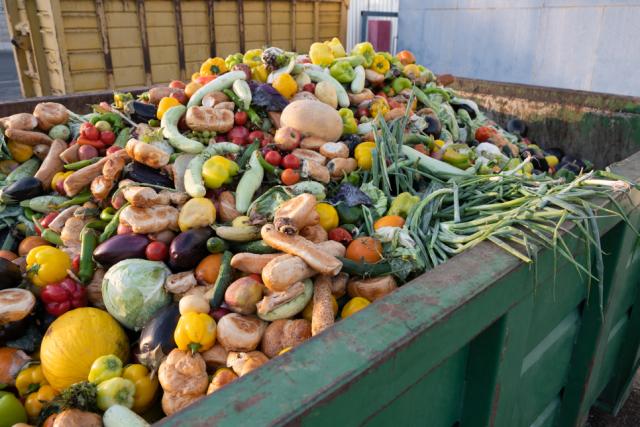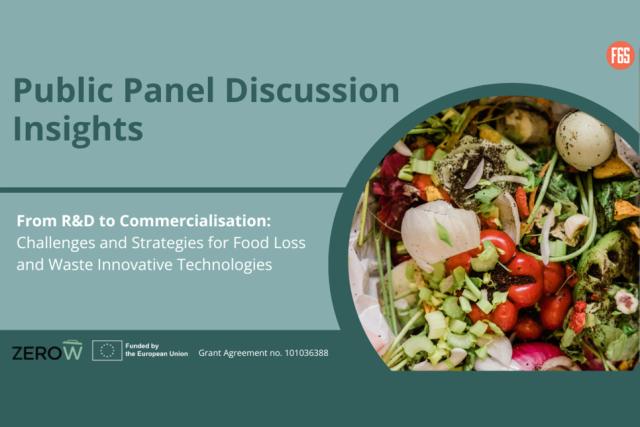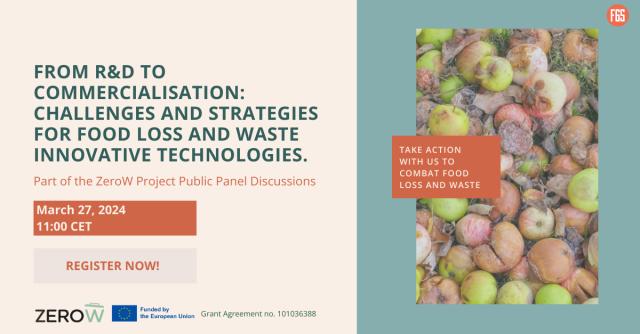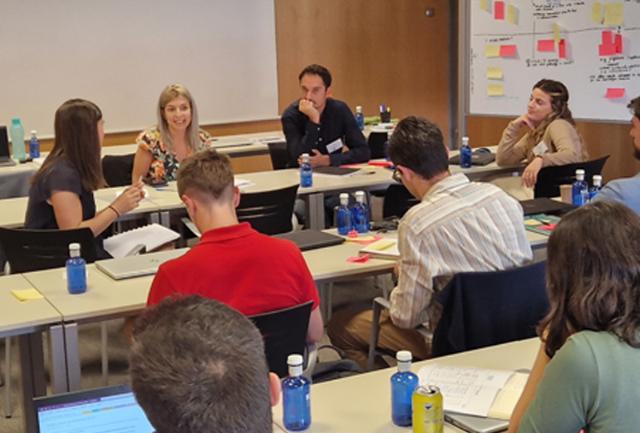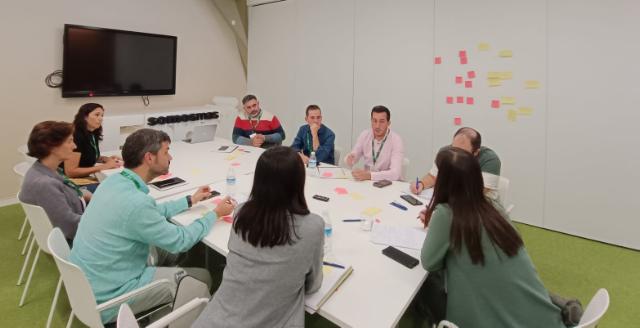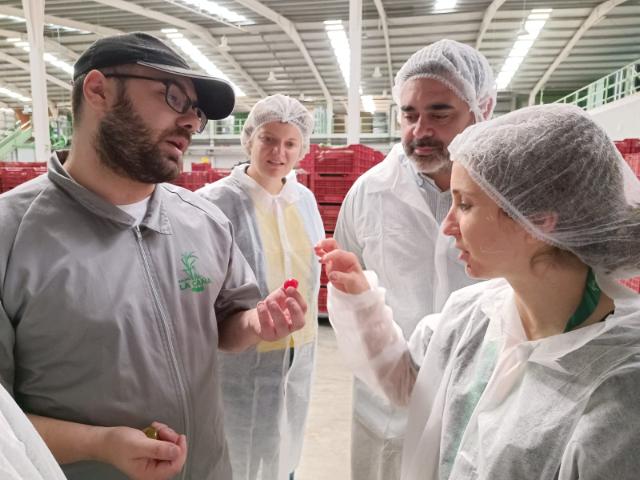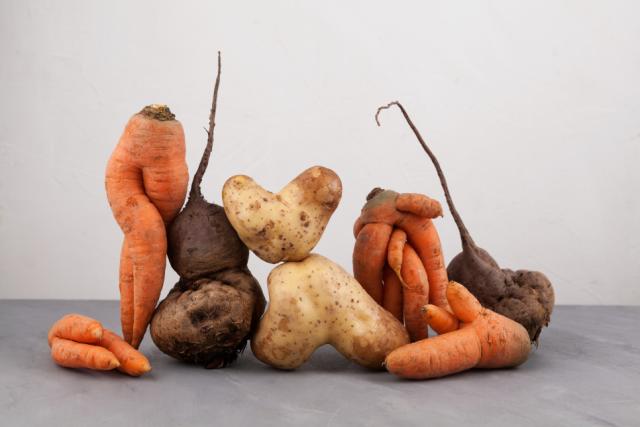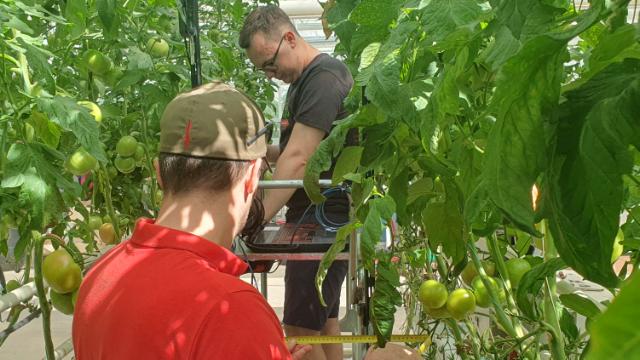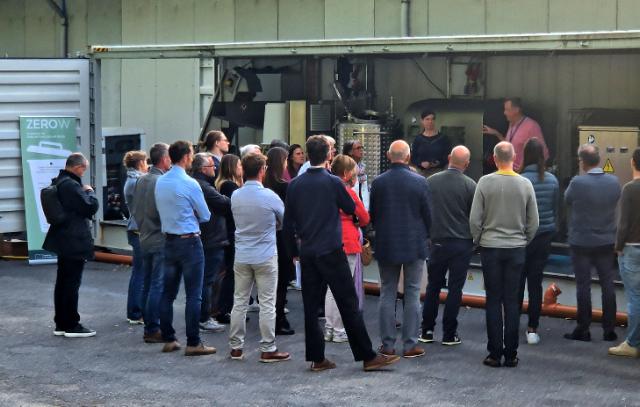Insights from 5 EU-Funded Projects
How to Stop Food Waste
We celebrate Stop Food Waste Day by presenting five EU-funded projects combatting food waste. Learn more about the offered insights and approaches in this article.
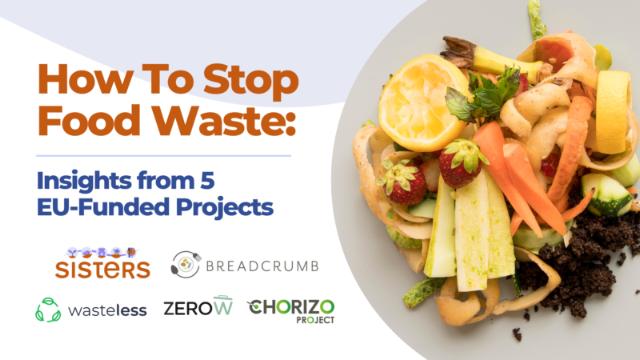
Food waste is a global issue with significant environmental, economic, and social consequences. In the EU, efforts to combat food waste have been bolstered by various projects, each of them offering unique insights and approaches.
In this blog post, we want to bring you closer to the actions being taken by five of these inspiring projects to tackle food waste, as well as to provide feasible recommendations for individuals, businesses, and policymakers extracted from their experience.
ZeroW:
Systemic Innovations Towards a Zero Food Waste Supply Chain
The ZeroW project is dedicated to addressing the critical challenge of food loss and waste (FLW) in the EU, where approximately 20% of food produced is wasted, while millions struggle to access quality meals. With an outstanding consortium of 46 partners from 16 European countries, ZeroW aims to drive significant reductions in FLW across the entire food value chain, from post-harvest to consumption.
ZeroW employs systemic innovation to advance towards EU sustainability objectives, such as to halving FLW by 2030 and achieve near-zero FLW by 2050.
The ZeroW project is driving innovations for zero food waste by:
- Developing data-driven applications to reduce Food Loss & Waste throughout the supply chain from pre-harvest, production, processing, wholesale & retail to consumption. Learn more at https://www.zerow-project.eu/data-spaces
- Creating systemic innovation through 9 living labs across the EU. Learn more >
- Making policy recommendations for the EU.
Their efforts have already resulted in insightful experiences that can be transformed into the grounded tips to reduce FW, such as:
- Using mathematical models to make menu plans that will reduce FLW caused by poor planning at consumer level.
See video
- Gathering a Business Ecosystem, namely a network of organizations with commercial insight who are interested in discussing and supporting spin-offs innovative ideas, and business opportunities related to FLW (ZeroW Business Ecosystem).
The insights harvested from these five EU-funded projects create synergies in the fight against food waste and multiply efforts to work towards a more sustainable food system.
BREADCRUMB:
A zoom into Food Marketing Standards and ways to reduce their impact
BREADCRUMB gathers 21 partners from 7 different EU countries to fight for the reduction of food waste (FW) by understanding food marketing standards (FMS) and analysing their impact on food waste generation. With this, BREADCRUMB will create useful tools and guidelines for food chain actors to increase the business potential of suboptimal foods and encourage them to bring them to market, in this way avoiding food waste.
BREADCRUMB aims to make a substantial impact on reducing FW and anticipates a 10% reduction by changes in the FMS and a decrease of 10% inFW associated with suboptimal food. This promising project recently started and is already thriving to promote meaningful food waste-reduction actions and test recommendations, such as:
- Collaborative supply chain efforts between stakeholders across the supply chain by sharing data, coordinating logistics, and implementing best practices.
- Retailers can promote ‘ugly food’ and help reduce food waste by encouraging consumes to purchase products that would otherwise be discarded due to cosmetic imperfections.
- Ways of informing consumers on proper storage and handling practices to extend the shelf life of products. This empowers consumers to minimize waste by effectively managing their food inventory and reducing spoilage.
CHORIZO:
Changing practices and habits through Innovation towards zero food waste
The next remarkable project is CHORIZO, working towards understanding social norms and behaviors behind Food Loss Waste generation, and leveraging this knowledge to improve the decision-making processes by food chain actors in their way to achieving zero food waste. With a consortium of 15 European partners, project activities include data collection on FLW via 6 Case Studies, modeling the impact of interventions, developing educational packages, establishing a FLW actions database (named “Insighter“), and forming a City Interest Group to shift social norms toward zero FLW.
CHORIZO project aims to drive impacts at scientific, societal and economic / technological level. Their expected goals encompass the creation of high-quality new knowledge on social norms influencing FLW behavior while promoting knowledge diffusion and open science, shifting social norms towards zero food waste and enhance the uptake of research and innovation (R&I) and promoting innovation-based growth through FLW prevention and reduction activities.
Supported by case studies across various scenarios, CHORIZO validates its approaches and generates new evidence on social norms, behavior, and FLW. From the resulting innovative knowledge, a series of summaries (Practice Abstracts) were created for direct use of practitioners and users. The guidance for selecting effective actions include the following tips:
- Urban Settings: creating infrastructure for improved planning, storage, and shorter supply chains to enhance efficiency and sufficiency in municipally-operated food services.
- Food Services: preordering, promoting taking leftovers home and training the kitchen staff.
- Households and Schools: integrate food system awareness into educational activities, collaboration among students, parents, teachers, and canteen staff, and government initiatives.
- Retail: R&I, increased collaboration across the supply chain, fostering new products and business from valorized FW, develop skills and empowering communities.
WASTELESS:
Waste Quantification Solutions to Limit Environmental Stress
Another project that deserves close attention is WASTELESS. The WASTELESS project is dedicated to addressing food loss and waste (FLW) with the ambitious goal of reducing it by at least 20% annually.
Through the development and testing of innovative tools and methodologies for FLW measurement and monitoring, alongside the recommendation of a harmonized methodological framework, WASTELESS aims to equip stakeholders across the food value chain with decision support tools. Additionally, the project focuses on researching innovative processes to valorize unavoidable FLW.
To facilitate collaboration and knowledge sharing, WASTELESS has established a Community of Practice. By recognizing the significant contribution of households to global FW, the project has conveyed practical tips for individuals to reduce waste, emphasizing:
- Meal planning
- Mindful shopping
- Portion control.
- Creative cooking with leftovers
- Sharing excess food.
You can follow WASTELESS on the website, LinkedIn and X and subscribe to receive our newsletter.
SISTERS:
Fostering systemic innovations to sustainably reduce food loss and waste
The SISTERS project aims to combat food loss and waste generated across the Food Value Chain by designing and fostering a set of innovative solutions. Gathering 18 partners and 3 linked third parties from 8 different countries around Europe, SISTERS has choosing systemic innovations that cover each stage of the value chain to pave the way in the fight against food loss and waste. Innovations include:
- Enabling farmers to sell excess produce directly through an online short chain platform (named Regioneo), reducing losses during production.
- Integrating tracking systems into containers to minimize losses during transportation.
- Developing biodegradable, recyclable, and compostable active food packaging materials; Establishing a seal of excellence for retailers supporting sustainability practices.
- Implementing a new QR-code-based label to provide consumers with key product information, fostering awareness and reducing waste at the consumption stage.
The implementation of SISTERS solutions expects to significantly reduce food loss and waste throughout all stages of the Food Value Chain. Projections anticipate a reduction of 20-40% during production, 20% during transportation, 10-30% during processing, 10-15% during marketing, and 10-20% during consumption with QR labeling and heightened consumer awareness.
In the SISTERS project we encourage you to reduce food waste at home through the following tips:
- Plan well your meals & shopping to prevent food spoilage.
- Eat ugly fruits & veggies too!
- Best-before tells you that the food is no longer in its perfect shape from that date but it is still safe to eat.
- Store well your food & leftovers to ensure freshness over a longer period.

